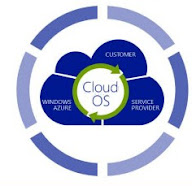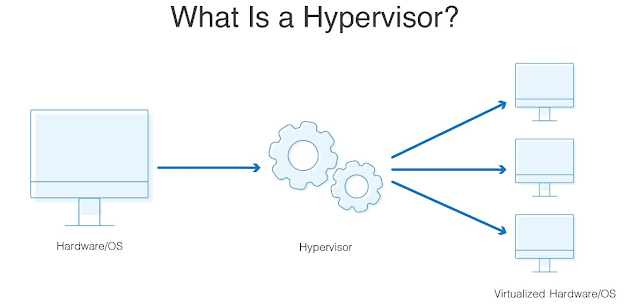The future of operating systems is a
topic of great interest in the tech industry, with many predictions and trends
emerging. Here are some of the predictions and trends for the future of operating
systems:
Cloud-Based
Operating Systems
Cloud-based
operating systems are becoming more popular because they offer several
benefits. First, users can access their files and applications from anywhere with an internet connection, which provides more flexibility and
mobility. Second, cloud-based operating systems can help reduce the cost
of hardware, as they do not require powerful devices to run applications.
Finally, cloud-based operating systems can improve collaboration among
users, as multiple users can access the same files and work on them
simultaneously. In the future, cloud-based operating
systems are likely to become more advanced and integrated with cloud computing
services. This will allow users to access a wider range of applications and
services from the cloud, making computing even more accessible and affordable.
Increased
Security Security is becoming
increasingly important as more personal and sensitive data is stored
online. Operating systems will need to provide increased security measures
to protect users' data and privacy. This will likely involve the
integration of more advanced encryption technologies, such as blockchain,
and the implementation of stronger authentication protocols, such as
biometrics.
Artificial
Intelligence (AI)
AI is already
being integrated into many operating systems, and this trend is likely to
continue. AI can help automate many tasks, improve system performance, and
provide more personalized experiences for users. For example, AI can help
identify and prioritize important tasks, automate repetitive tasks, and
provide personalized recommendations based on user preferences. In the future, AI is likely to
become even more integrated into operating systems, providing more advanced
features and capabilities. For example, AI could be used to improve the
security of operating systems by identifying and responding to threats in
real-time.
Virtual
and Augmented Reality:
Virtual and
augmented reality technologies are becoming increasingly popular in many
industries, such as gaming, healthcare, and education. Operating systems
will need to provide support for these new platforms, which will likely
involve the development of new APIs and tools for developers. For example,
operating systems could provide better support for virtual and augmented
reality devices, such as headsets, and allow users to seamlessly switch
between virtual and real-world environments. Internet
of Things (IoT):
With the rise
of IoT devices, operating systems will need to provide support for these new
devices and the data they generate. This will likely involve the
development of new protocols and standards for IoT communication, as well
as the integration of IoT devices into existing operating systems. For
example, operating systems could provide better support for IoT devices,
such as smart home appliances, and allow users to control and monitor
these devices from a central location.Overall, the future of operating
systems is likely to involve greater integration of cloud-based technologies,
increased security measures, the integration of AI, support for virtual and
augmented reality, and support for the growing number of IoT devices.






Comments
Post a Comment